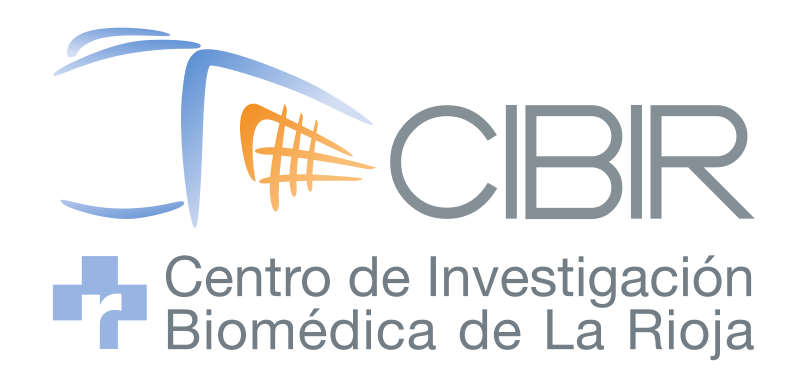
Team
- Head of unit: José Ramón Blanco Ramos
- Postdoctoral researcher: Laura Pérez Martínez
- Laboratory technician: Lourdes Romero Barruete
- Collaborators
- Beatriz Fernández Vallejo (Pediatrics)
- María Gómez Eguilaz (Neurology)
- Amancio Carnero (Instituto de Biomedicina de Sevilla-CSIC)
Research
Ageing is one of the most complex biological phenomena. In recent decades, it has been recognised that chronic low-grade inflammation plays an important role in the development and evolution of ageing. Thus, inflammation and ageing have been associated with numerous diseases (oncological, neurodegenerative, cardiovascular, etc.).
The immune system and various organs and tissues (adipose, muscle, etc.) are involved in, and affected by, ageing and this state of chronic low-grade inflammation. These alterations also affect the gut microbiota, which in turn exacerbates some of the processes outlined above.
For these reasons, it is necessary to understand the impact and consequences of some of the inflammatory and anti-inflammatory mediators in the development of accelerated ageing ("inflamm-aging"). With all this, it would be possible to carry out, in the future, interventions that reduce this inflammatory state and that address the paralysis and/or selective destruction of those aged (senescent) cells present in our organism through therapies that delay ageing (senolytics, senostatics, etc.).
Our group is carrying out projects funded by the Instituto de Salud Carlos III related to HIV infection and SARS-CoV-2 infection. A new line of research has been opened which, together with inflammation and ageing, will address the role of circadian rhythms in cancer and the impact this has on the prognosis of these people.



